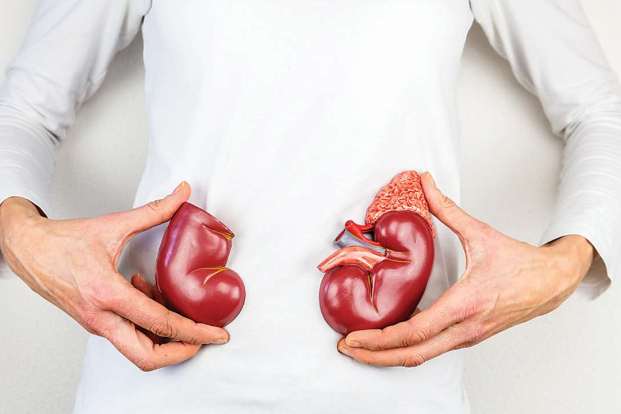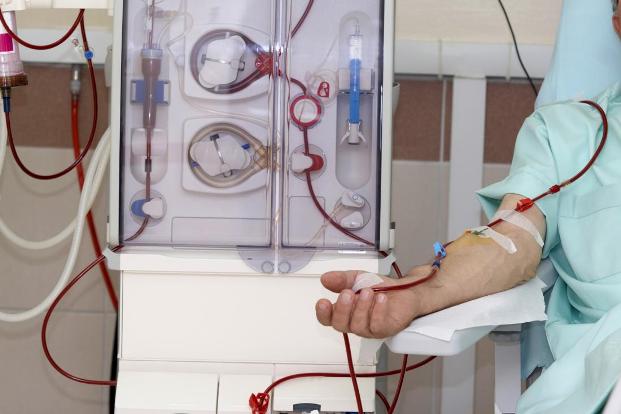Categories
- Bariatric Surgery (11)
- Black Fungus (5)
- Bone Marrow transplant (3)
- Brain Tumor Surgery Navigation Technology (20)
- Cardiac Surgery (66)
- Cardiology (97)
- Computer navigation technology for joint replacements (20)
- Covid Vaccination (17)
- Critical Care (2)
- Dental (19)
- Dermatology (31)
- Dialysis Support Group - “UTSAAH” (11)
- Dietitian (33)
- Emergency Medicine (4)
- Emotional Health (11)
- Endocrinology (33)
- ENT (20)
- Gastroenterology and GI Surgery (53)
- General and Laparoscopic Surgery (21)
- General Surgery (4)
- Gynecology & Obstetrics (183)
- Hematology (20)
- Internal Medicine (294)
- Kidney Transplant (50)
- Kidney Transplantation (20)
- Lung Cancer (8)
- Minimal Invasive Surgery (1)
- Mother & Child (20)
- mucormycosis (5)
- Nephrology (61)
- Neurology (147)
- Neurosurgery (68)
- Nutrition and Dietetics (107)
- Omicron Variant (1)
- Oncology (288)
- Ophthalmology (10)
- Orthopaedics & Joint Replacement (86)
- Paediatrics (59)
- Pediatric Nephrology (3)
- Physiotherapy (5)
- Plastic & Reconstructive Surgery (6)
- Psychiatry and Psychology (90)
- Psychologist (28)
- Pulmonology (72)
- Rheumatology (13)
- Spine Services (21)
- Transradial Angioplasty (16)
- Urology (84)
Query Form
Posted on Apr 19, 2022
What are the risk factors for developing kidney disease?
Factors that may increase your risk of chronic kidney disease include Diabetes. High blood pressure. Heart and blood vessel (cardiovascular) disease.
There could be a single issue causing kidney disease or there could also be a combination of the same. In fact, 1 in 3 adults in India is at risk of suffering from kidney disease.
Kidney disease is most importantly often caused by diabetes or high blood pressure. Both these health problems can cause permanent damage to your kidneys. When your kidneys have been permanently destroyed and they are not working as well as they should it’s known chronic kidney disease (CKD), or kidney disease.

Diabetes and high blood pressure aren’t the only things that can cause kidney disease. Other common risk factors for kidney disease include:
- Heart (cardiovascular) disease
- Having a family member who had kidney disease
- Being African-American, Asian, Native American or Hispanic
- Being over age 60 If you are at risk for kidney disease, ask your doctor how often you should be tested.
Other risk factors for Kidney Disease:
Older age, low birth weight and a family history of kidney disease are considered to be strong risk factors for chronic kidney disease.
Moreover, smoking, obesity, hypertension, and diabetes mellitus can also lead to kidney disease. Chronic kidney disease, also called chronic kidney failure, describes the gradual loss of kidney function.
Kidney Disease is a Silent Killer:
Your kidneys filter wastes and excess fluids from your blood, which are then excreted in your urine. When chronic kidney disease reaches an advanced stage, dangerous levels of fluid, electrolytes and wastes can build up in your body.In the early stages of chronic kidney disease, you may have few signs or symptoms. Chronic kidney disease may not become apparent until your kidney function is significantly impaired. Signs and symptoms of kidney disease are often nonspecific, meaning they can also be caused by other illnesses. Because your kidneys are highly adaptable and able to compensate for lost function, signs and symptoms may not appear until irreversible damage has occurred.



